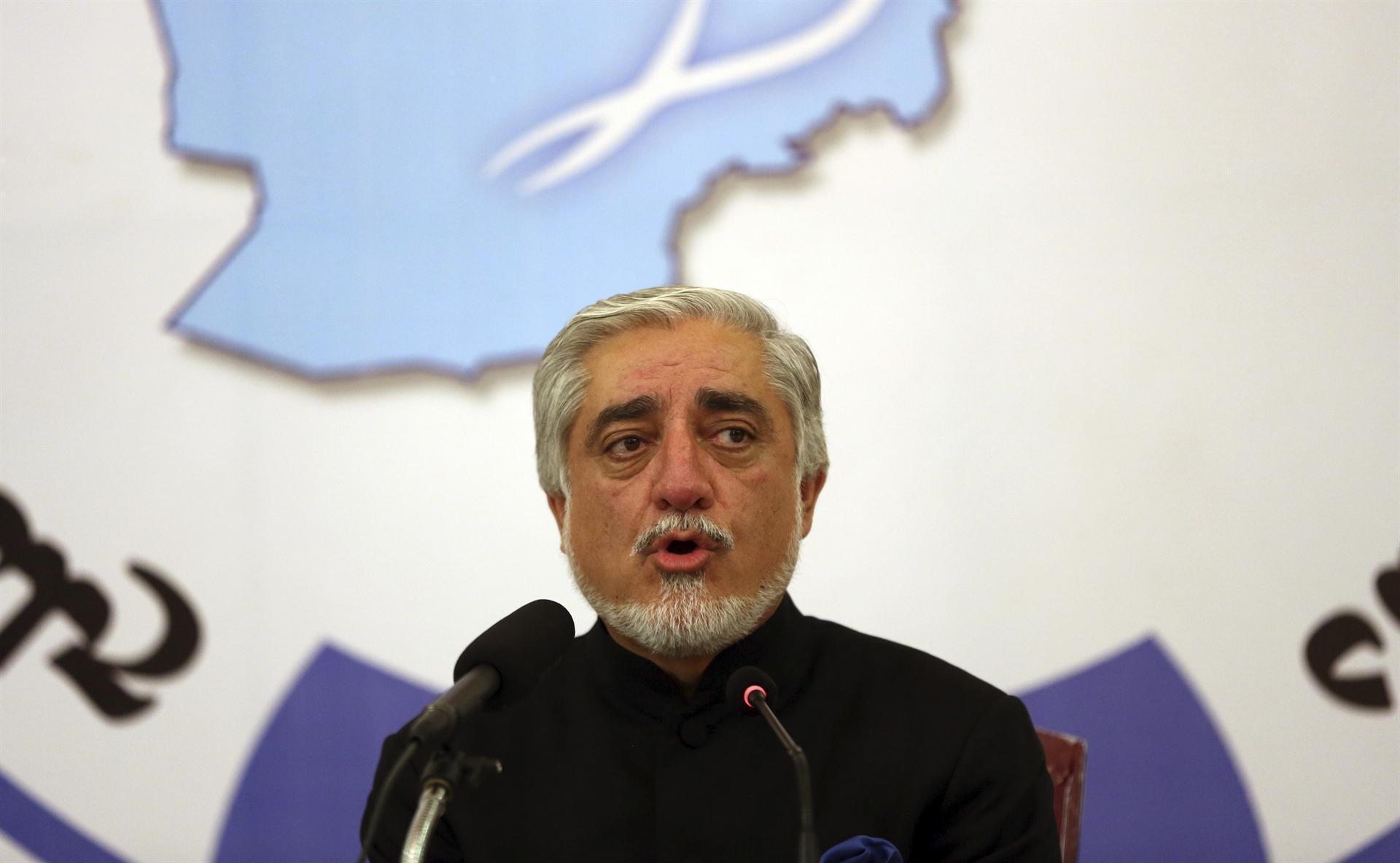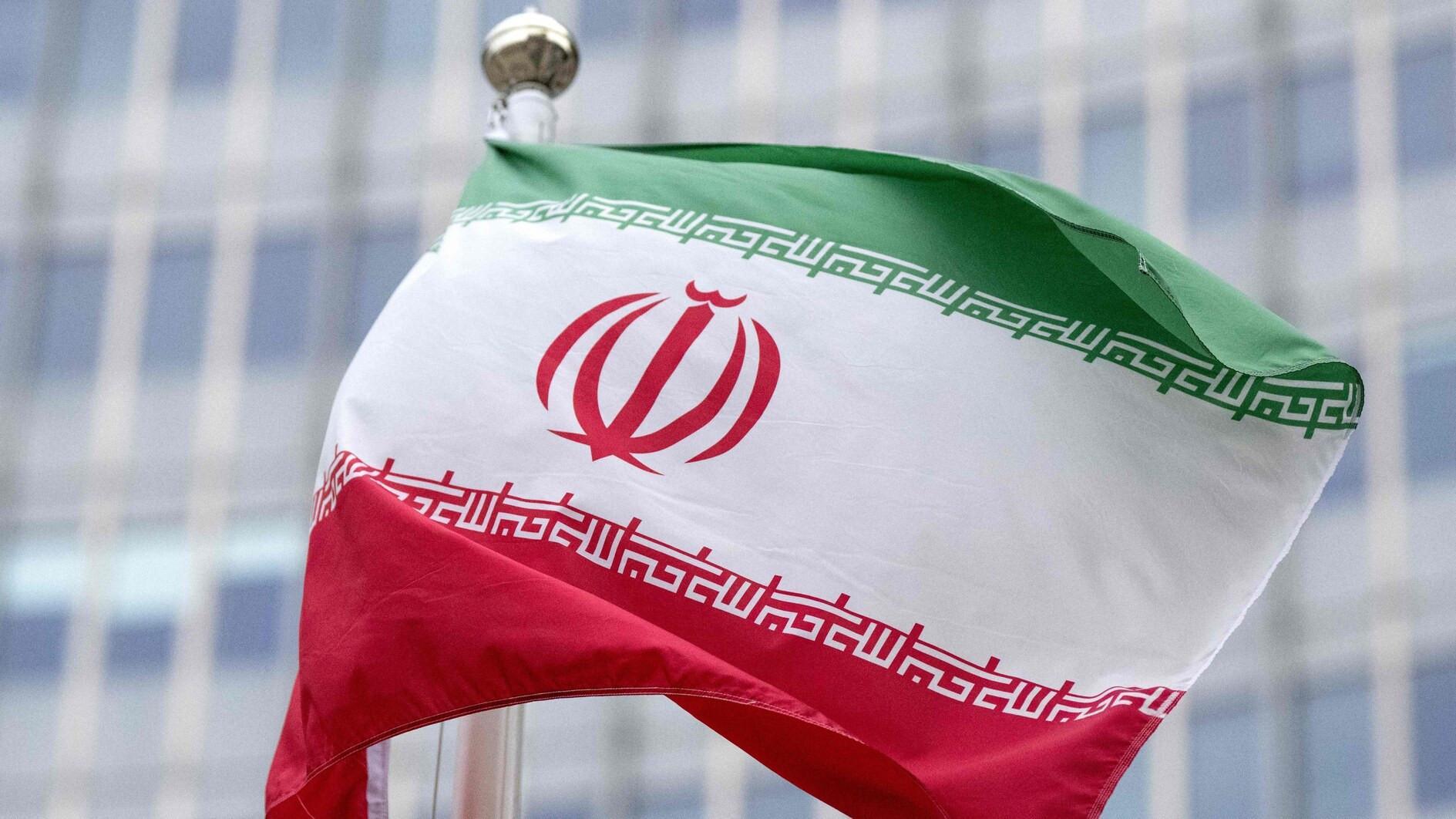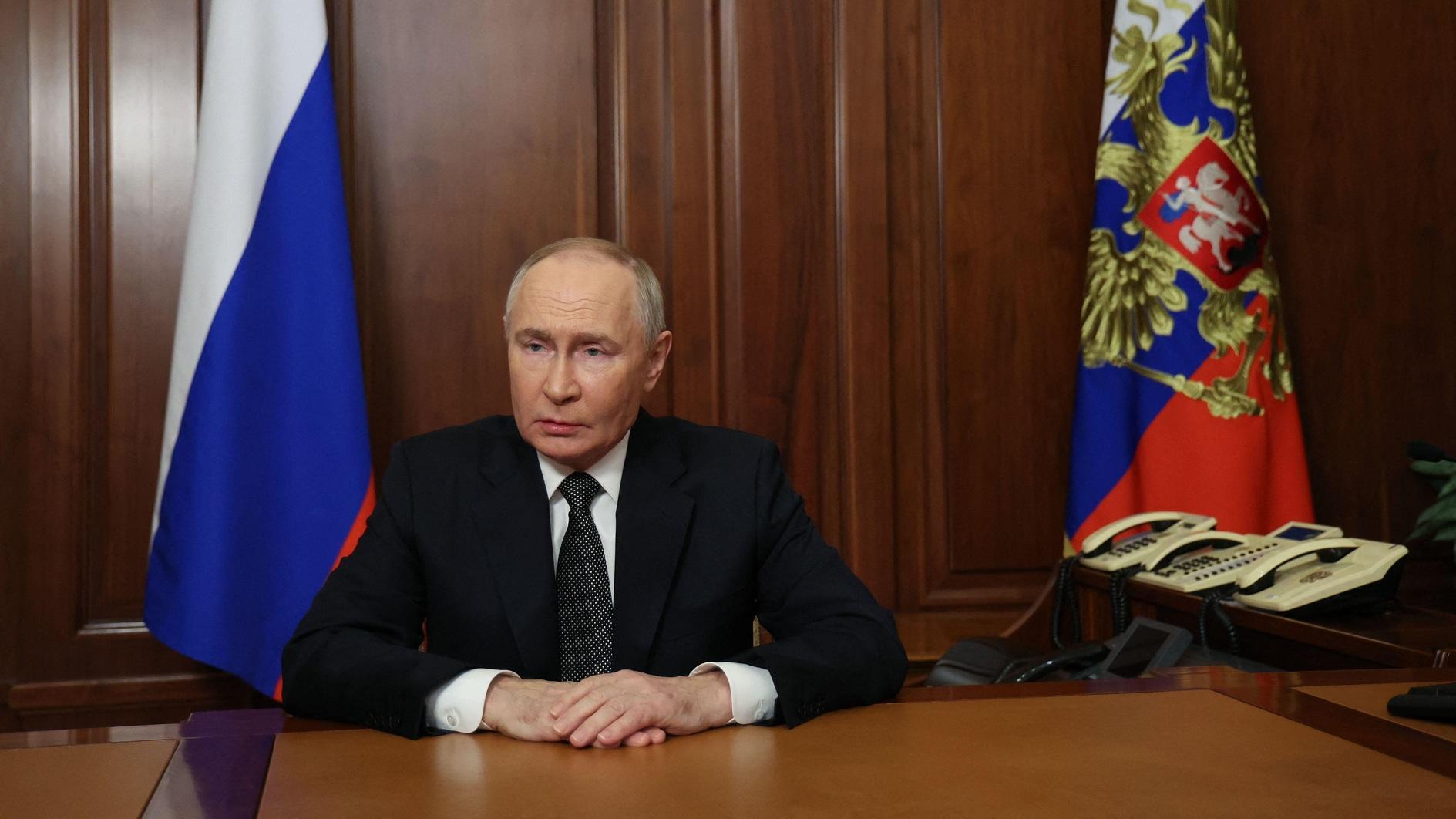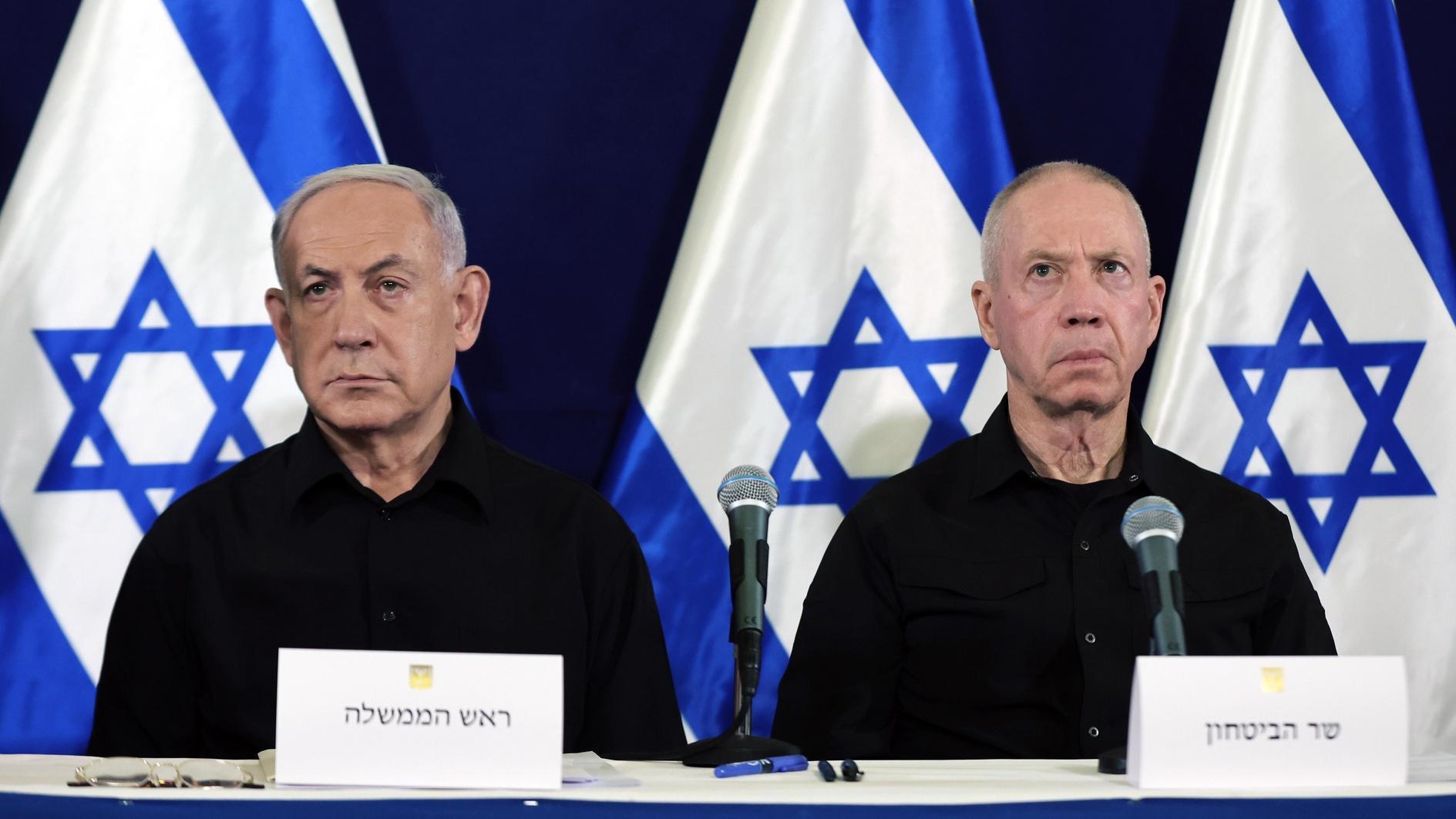Traditional council frees Taliban setting up peace talks
KABUL-The Associated Press

A traditional Afghan council concluded on Aug. 9 with hundreds of delegates agreeing to free 400 Taliban members, paving the way for an early start to negotiations between Afghanistan's warring sides.
The declaration read out in both of Afghanistan's official languages of Pashto and Farsi calls for an immediate start to negotiations as well as an immediate cease fire. The Taliban have said they were ready for talks immediately after their final prisoners were released and that a ceasefire would be one of the first items of negotiations.
The move looks to bring the United States a little closer to bringing its troops home and end its longest military engagement.
The decision to free the prisoners does not come as a surprise as delegates were urged by the U.S. at the start of the council, or jirga, on Aug. 7 to take "this difficult action'' so negotiations could begin to bring an end to the war.
No date has been set but negotiations between Kabul's political leadership and the Taliban are expected to begin as early as next week and will most likely be held in the middle eastern state of Qatar, where the Taliban maintains a political office.
The Afghan negotiations were laid out in a peace deal signed by the United States and the Taliban in February. At the time of its signing it was touted as Afghanistan's best chance at ending decades of war.
But the deal called for the government to free 5,000 prisoners and for the Taliban to free 1,000 government and military personnel in its custody as a goodwill gesture ahead of the start of negotiations.
Kabul balked at the release but eventually freed all but the last 400. President Ashraf Ghani said he was not authorized to free these because of the seriousness of their crimes, and asked for the council to decide instead. He did not detail of what the 400 were accused.
Delegates were therefore given the stark choice of either freeing the prisoners or seeing a war that has killed tens of thousands continue. The delegates said they wanted international guarantees that the Taliban would not return to the battlefield.
Washington's Peace envoy Zalmay Khalilzad spent more than a year and a half negotiating the deal with the Taliban to provide for the withdrawal of American soldiers after more than 19 years in Afghanistan.
The withdrawal began earlier this year but roughly 8,600 U.S. soldiers remain in Afghanistan and their return will depend on the Taliban honoring its commitment to fight against other terrorist groups and ensure Afghanistan is not again used to attack the United States or its allies.
The withdrawal of U.S. and NATO troops is not dependent on the success of negotiations between Kabul's political leadership and the Taliban. But U.S. Secretary of State Mike Pompeo has made it clear that Washington wants a negotiated end to the conflict, including a cease fire.
















